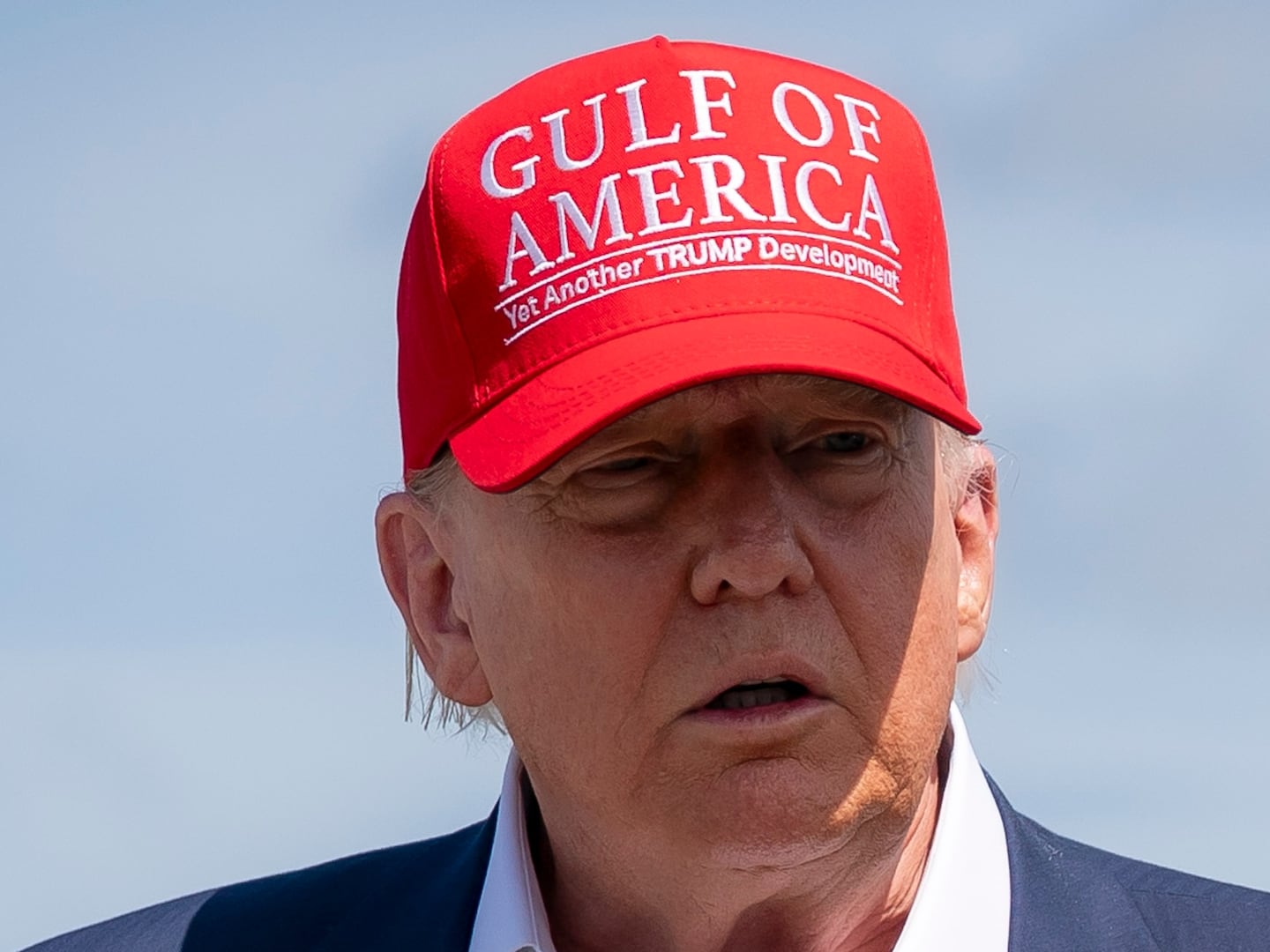This past week as I visited the United States, it was impossible to miss the degree to which Israel has become an issue this election season.
It has not always been this way. I remember as Israeli foreign minister witnessing first-hand the impressive depth of the bipartisan support for Israel when then-Secretary of State Condoleezza Rice—as her very last act on her last hour in office—signed a memorandum of understanding to prevent arms smuggling into Gaza. For those of us in the room and for all parties watching that signing from afar, there was no doubt that this memorandum represented the interest of the United States, and was supported by both the outgoing and the incoming administration that was informed and could also be fully expected to fulfill America’s obligations.
That deep bipartisan American commitment to Israel's security, a commitment which has been maintained for decades, cannot and should not be undermined by turning Israel into a wedge issue in political campaigns.
The U.S.-Israel relationship is based on a broad recognition for our shared democratic values. These are the very same values which have made the United States great; and since its inception, Israel has been the clearest expression of those American values in the Middle East.
Keeping Israel above partisan politics is particularly important for both our states when the Middle East faces unprecedented turmoil. Iran continues its pursuit of nuclear weapons unabated, Syria’s president continues to slaughter his own people, and whether the Arab Spring is destined to give rise to an Islamic winter remains unclear.
These changes in the region and the ongoing struggle between pragmatic and extremist forces has become especially acute as the Arab world undergoes revolutions that will determine the region’s fate—for better or for worse—for generations to come.

For us, in this tough neighborhood, our special relations are a fundamental component of Israel’s deterrence, precisely because this is clearly not a partisan issue that depends on who is the president or which party is in power, but rather, on deep, ongoing ties that transcend party rule. This is an honest and intimate relationship in which each side presents its concerns, and they become joint challenges for both governments.
For the United States, in the face of this revolutionary uncertainty, Israel remains an isle of democratic stability. It will remain the one country which will never vacillate between the region’s radical extremists and pragmatic forces. Since its establishment, Israel has unhesitatingly chosen these values, which themselves reflect our Jewish heritage and the democratic principles upon which Israel was founded .Precisely due to our values, we will always remain part of the free world led by the United States.
Indeed, the same forces which reject any Israeli presence in the region also view the United States as a threat—precisely for the values it represents. This is why while we in Israel cried with the American people following September 11, these rejectionists danced with joy.
In the face of these many challenges, the joint task of any American president and any Israeli prime minister will be the same: to reinforce a regional alliance of pragmatists against the extremists, to identify the common denominator, and to work together against the threats.
As an Israeli, I always feel assured when I hear an American leader—from either side of the aisle, and whether currently in office or aspiring to office—express their steadfast commitment to Israel.
It is not less important that these extremists realize that as governor, Mitt Romney visited Israel recently, and that then-Senator Barack Obama's visit to Israel four years ago had the implication that it is above partisan politics and not part of it.
Political leaders in both countries, and from every party, have a sacred trust to protect and nurture this relationship—and to immunize it from partisan politics—for the sake of our citizens who hold it dear, for the sake of their future, and for the sake of the interests and values we share and cherish.
To be sure, as between any two friends, close though they are, there are occasional disagreements. It is not a secret that within Israel as well, we have some differences over policy issues. Yet our democratic bonds permit those disagreements to take place without endangering our strategic alliance from without.
Whoever the American people elect as their president this November, the people of Israel will remain eager to work with his administration as we continue to strengthen our ever important relations.






